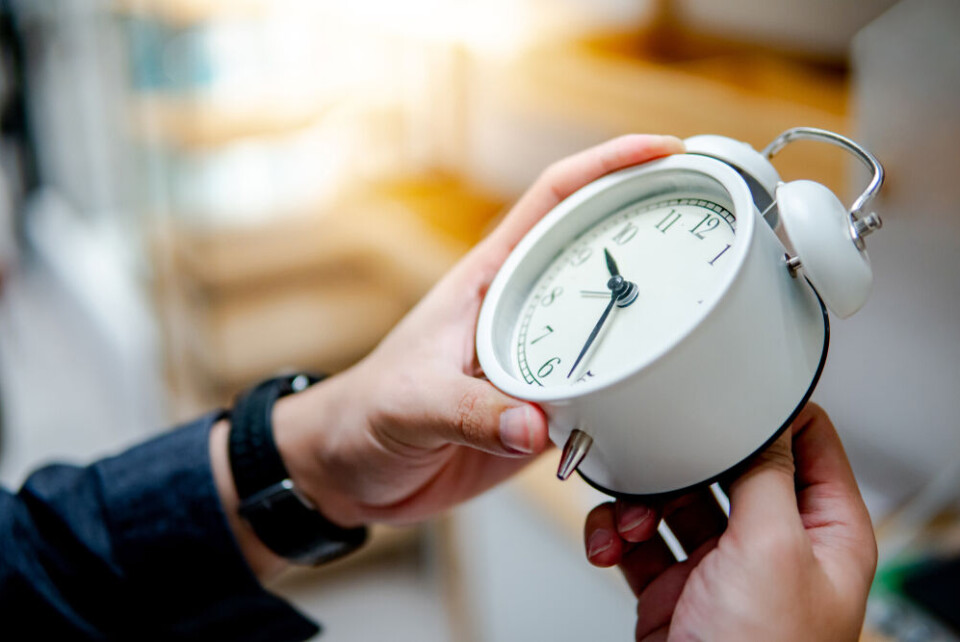-
Yellow lights for pedestrians in many cities in France - what do they mean?
The lights are being trialled in six major cities until 2027
-
New ski night train will link Paris to the French Alps
The Travelski Night Express will begin service this December and start selling tickets in May
-
Dunkin’ doughnut chain to open in France in May
Its flagship store will be in Paris’ ninth arrondissement
Daylight saving: Clocks go forward this weekend in France
It means one hour less sleep tonight, but more sunlight in the evenings

The clocks will go forward one hour this weekend, marking France’s passage to summer time.
At 02:00 on Sunday (March 27) the clocks will jump forward - either automatically or manually, depending on your device - one hour, making the new time 03:00.
It means possibly losing an hour of sleep, unless you decide to have a long lie (faire la grasse matinée in French). But in good news, it also means that there will be one more hour of daylight in the evenings.
Daylight saving time is common across Europe, but it was very nearly scrapped for European Union countries with the European Parliament voting in 2019 to end the practice.
Under the proposal, 2021 was supposed to be the final year of changing the clocks.
However, the decision was delayed due to the coronavirus pandemic, with the crisis preventing negotiations between the European Parliament and the European Council.
The move has, for the moment it seems, been shelved.
A 2019 citizens’ consultation in France, which gathered around two million responses, found 80% of those that took part were in favour of ending daylight saving time, with 59% preferring to remain on summer hours.
France first introduced daylight saving time in 1916 and it remained in place until 1945.
It was then re-introduced after a 30 year gap in 1976 because of the 1973 oil crisis. At the time, energy prices were soaring, and so the government decreed that having one hour extra of natural sunlight during the day would help to cut down on electricity use.
Since then, people in France have been changing their clocks twice a year, every year.
Related stories
Why does France still change the clocks despite EU vote against it?
























